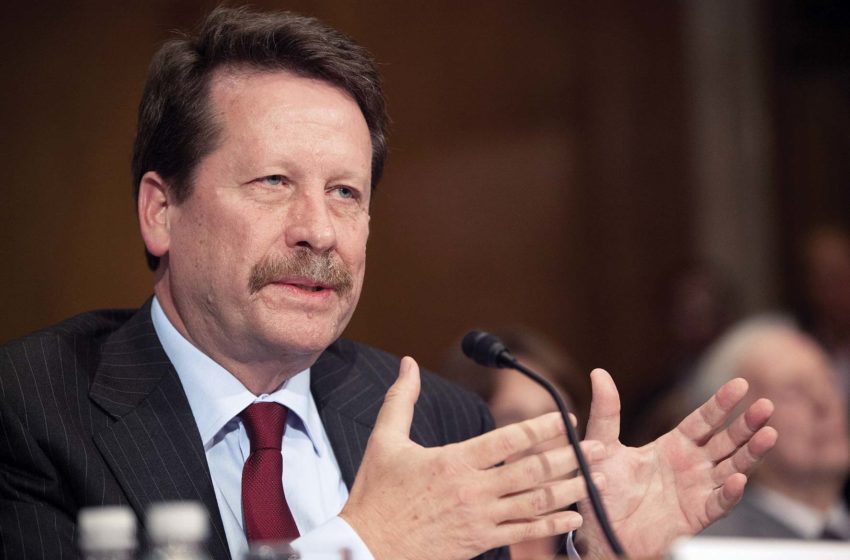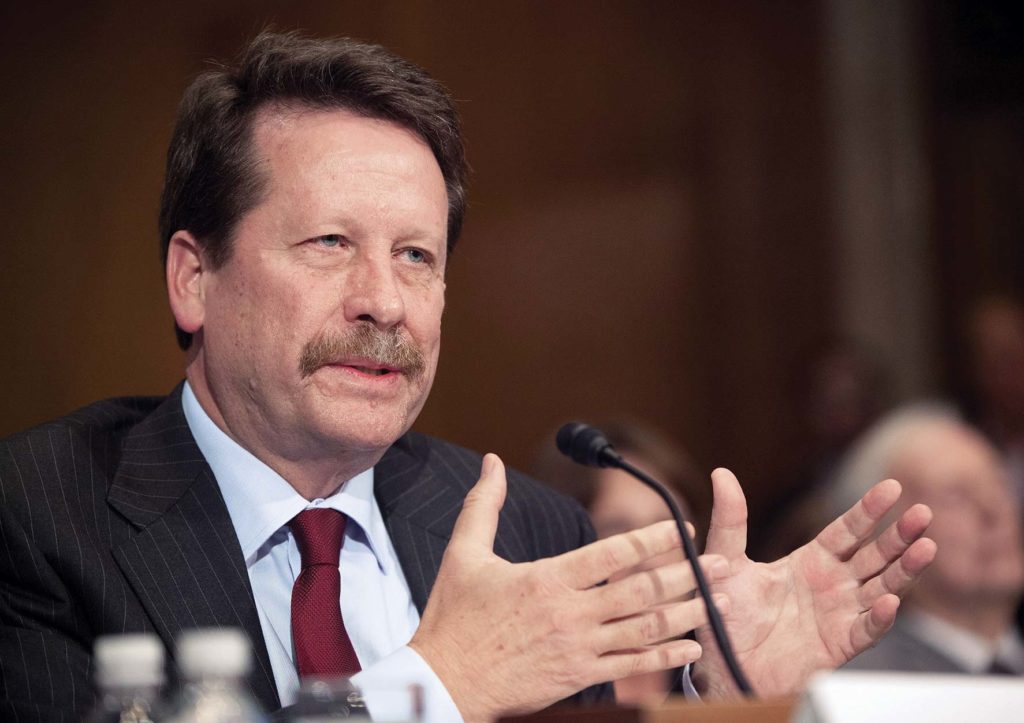An overwhelming majority of EU citizens who responded to a European Commission initiative say they support tobacco harm reduction products.
The Commission’s “Call for Evidence” on the legislative framework for tobacco control received an unprecedented level of feedback, with consumers of alternatives to tobacco products – vaping, heated tobacco and oral nicotine pouches – making their voices heard in huge numbers, according to EU Political Report.
More than 24,000 EU citizens responded to the call, launched by the Commission as part of its ongoing evaluation of what future EU tobacco laws will look like through revision of the Tobacco Products Directive.
The massive interest in the issue may surprise some and may put the European Commission on the back foot as has been seen by some as having previously failed to support ‘tobacco harm reduction’.
The 4-week public consultation, from May 20 May to June 17, had one of the biggest ever responses to a consultation. On average, calls of this length receive around 354 submissions. In recent years, only the “call for evidence” for a digital euro for Europe received a similar scale of a response, but still fell short of the 20,000 submission mark despite taking place over a longer period of time (10 weeks).
Of the 24.000 submissions, more than 90 percent came from individual EU citizens, suggesting the extent to which this issue is a priority for the European public at large. Many submissions came from citizens in Germany, Italy and Romania.
It showed that the biggest issue for citizens across all member states is the regulation of reduced-risk products such as e-cigarettes. On this, it has been argued that the Commission it out of sync with public opinion.
The Commission has favored the introduction of new restrictions on reduced risk products, including flavor bans and sale restrictions but some in the industry hope the public response could now force it to reconsider these plans.
In June, the Commission announced plans to prohibit the sale of flavored heated tobacco products in the EU. The proposal came, it said, in response to the “significant increase” in the volumes of heated tobacco products sold across the EU.
A Commission report showed a 10 percent pick up in the sales volumes of heated tobacco products in more than five Member States and overall in the EU, heated tobacco products exceeded 2.5 % of total sales of tobacco products.
An overwhelming majority of submissions supported tobacco harm reduction products, including vaping and nicotine pouches, as “critical tools” that have helped smokers to quit. Respondents were nearly unanimous in opposing any plans to restrict access to such products for adults over the age of 18.



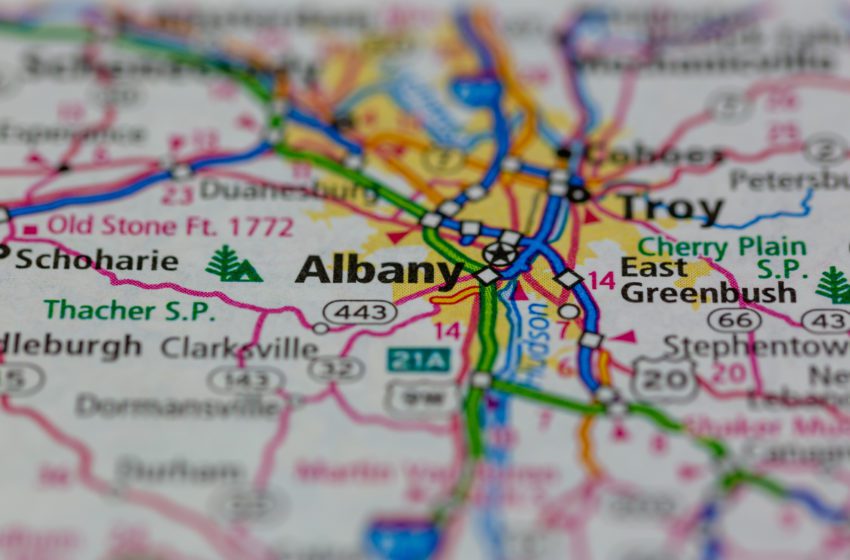
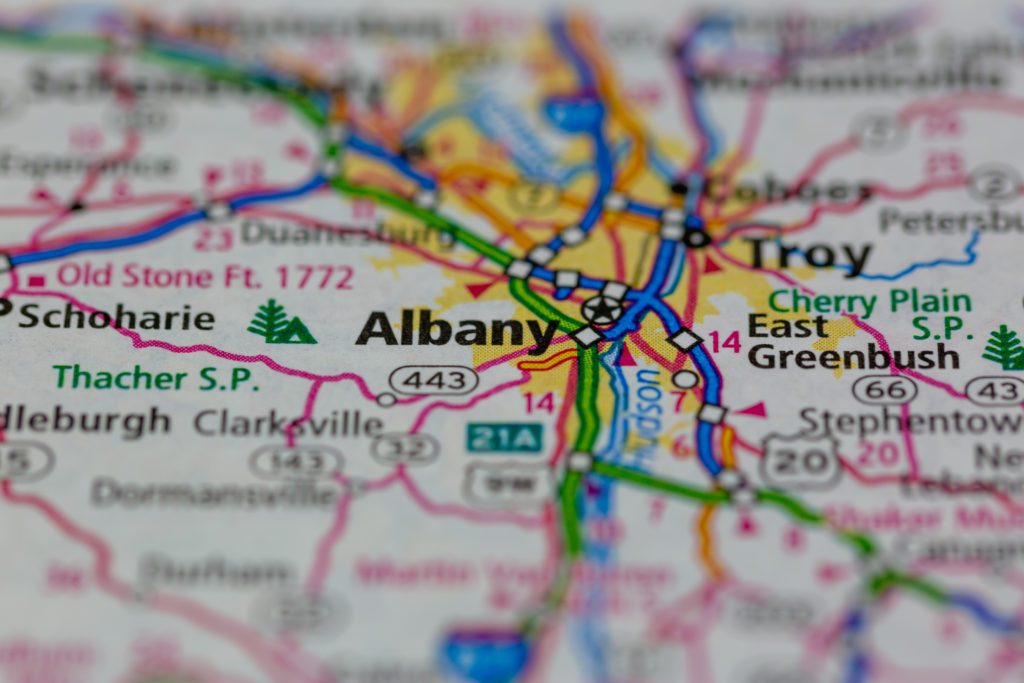

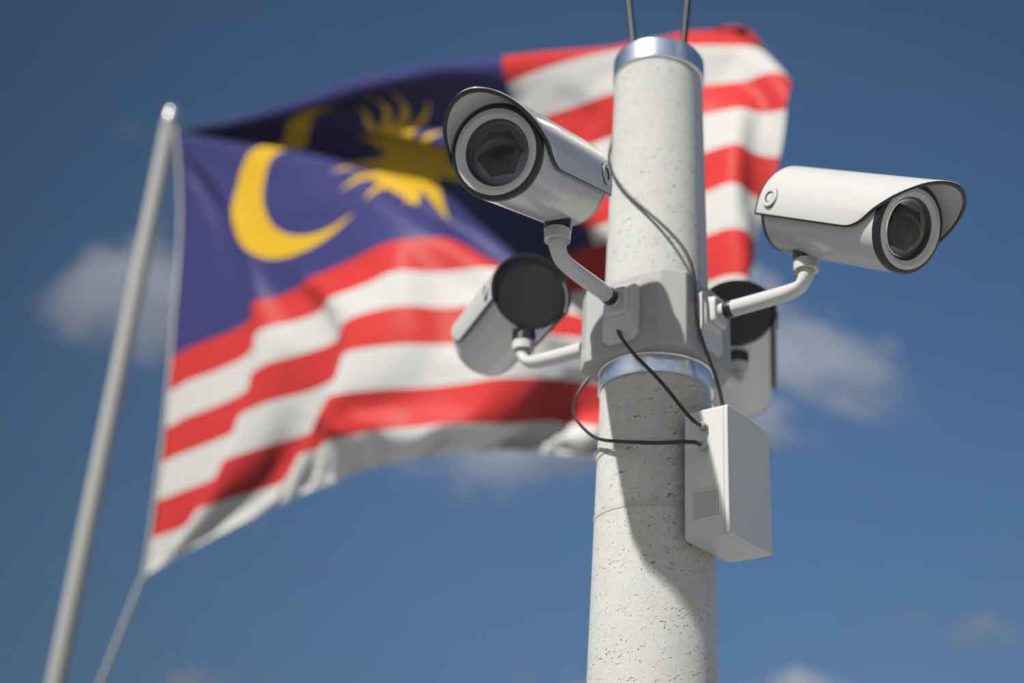




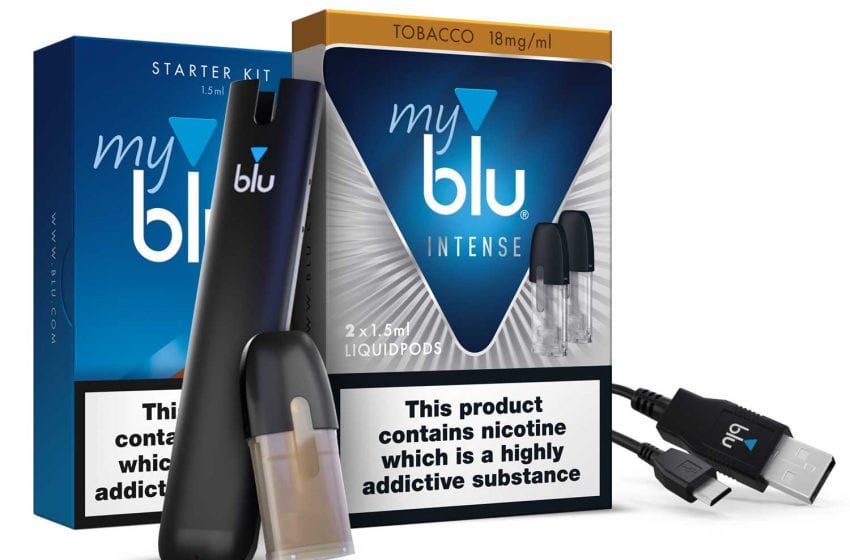
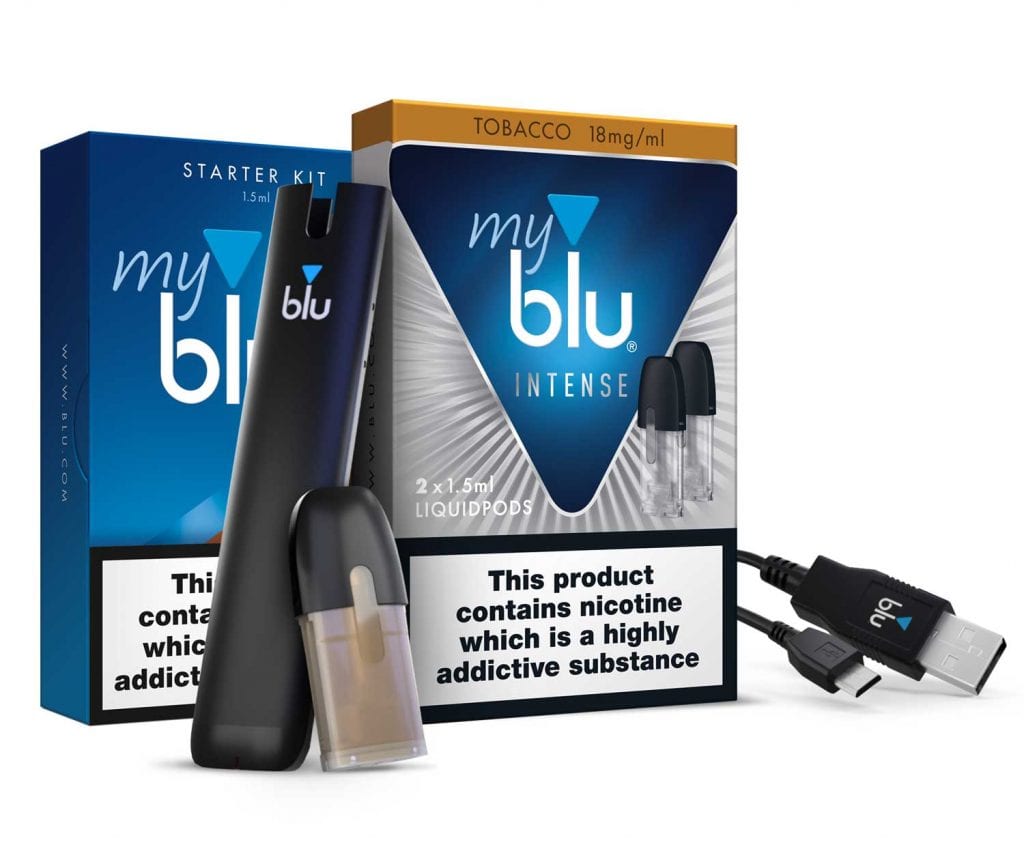





 “JWEI has been a leader in this industry from the start and this milestone again reiterates our commitment to the industry and public health: ensuring our adult customers continued access to less harmful alternatives to traditional tobacco products, while setting a new standard preventing underage youth access.” said VP of JWEI Group Jason Yao.
“JWEI has been a leader in this industry from the start and this milestone again reiterates our commitment to the industry and public health: ensuring our adult customers continued access to less harmful alternatives to traditional tobacco products, while setting a new standard preventing underage youth access.” said VP of JWEI Group Jason Yao.